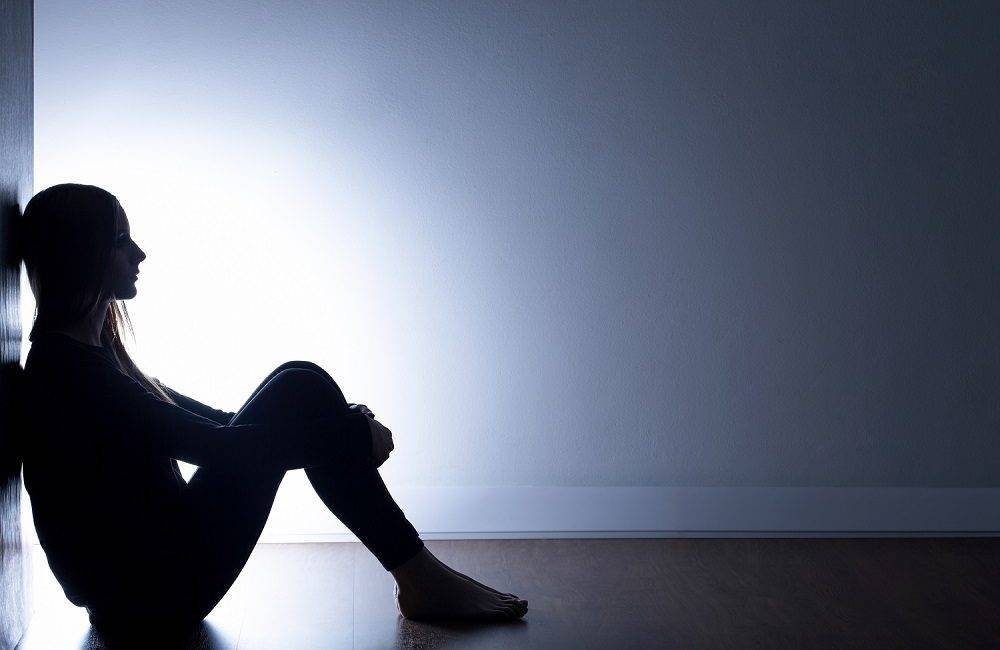Your mental health defines your personality. It influences your relationship with others, as well as your perception of life and so many things that affect your day-to-day living. Since the mind, body, and spirit are interconnected and depend on each other to work in unison, a person’s mental state can affect their physical health and overall wellbeing. This means that when one experiences mental health issues, a lot can go wrong in their life.
Now, a mental health crisis is when one is not in their right mind due to one or a combination of triggers. In this mental state, the person may behave in a manner that puts them at risk of hurting themselves or others. More often than not, a mental health crisis can be spotted and addressed. Here are some signs of a mental health crisis and what to do.
1. Hallucinations and Delusions
Ever heard of someone claiming to hear noises in the house or seeing images that no one else is seeing except for them? Well, this is what is called hallucinations, and are sometimes experienced by people who consume too much alcohol or hard drugs. But if you or someone you know has such experiences, they could be undergoing a mental health crisis and may require immediate professional help. Kristina Robb-Dover from FHE Health says that hallucinations and delusions are common signs of a true psychotic break, especially when coupled with disorderly reasoning, anxiety, and catatonia. Hallucinations mostly affect one’s vision, smell, hearing, or bodily sensations. If you suspect that you or someone you know is experiencing unreal perceptions, it is advisable to seek medical help as soon as possible.
2. Withdrawal/Isolation
We are social beings, and it is not normal for someone to self-isolate and excessively withdraw from other people. If you find yourself feeling hopeless, feeling sad, and avoiding people, this can be an early indication that you could be suffering from mental illness. Social isolation can sometimes be severe, and could easily cause depression or even suicide in the worst cases. If you notice that you no longer like interacting with your best friends or close family members, you could be suffering from a mental health breakdown, and this warrants seeking help. To keep it from getting severe, engaging in physical exercises in the company of friends, sharing a meal with a loved one, or joining a support group could help.
3. Extreme Mood Swings
Mood swings refer to sudden shifts in emotions from low to high and vice-versa. We all naturally experience mood swings once-in-a-while. Sometimes you are all jolly and excited, and then sad and moody the next minute. However, some types of mood swings can be extremely dangerous and could be associated with mental illness. If your mood swings are interfering with your normal lifestyle, for instance, it can be considered unhealthy. With regards to mood swings, some tell-tale signs that you could be suffering from a mental health crisis may include:
- Feeling the urge to harm others
- Confronting someone in extreme anger
- Breaking things in the house while angry
- Feeling overjoyed or excited by small things
If you’re constantly experiencing alternating bouts of these signs, you have a reason to consider getting mental health help. The first step you need to take is to visit your physician to discuss your feelings and emotions so you can deter the problem from getting out of hand.
4. Substance Abuse
Quitting substance abuse is never an easy journey but the long walk is always worthy. Drug abuse could simply start from buying over the counter medicine once you experience pain or even a frequent prescription by your physician. Developing tolerance to these medications in your body can easily lead to drug abuse. If you find yourself exceeding the recommended dose to relieve pain, reduce anxiety and stress, this could be the beginning of drug abuse, which could result in addiction and mental illness.
Some common signs of substance addiction may include a change in sleeping patterns or insomnia, glassy eyes or red eyes, reluctance in observing hygiene good grooming, etcetera. Once someone is addicted, quitting can be a real challenge. It is thus advisable to seek treatment by visiting a doctor for professional treatment, rehab, psychotropic medication, counseling, and so forth. Also, it helps to interact with others facing a similar problem and get to learn how they’re coping. This can help improve your condition gradually.
A mental health crisis is the last thing anyone would want to encounter. However, it does happen, and the causes, as well as the severity, may vary from one person to the other. Along with helpful ways to deal with it, the above are just a few signs you may want to look out for.







Leave a Reply